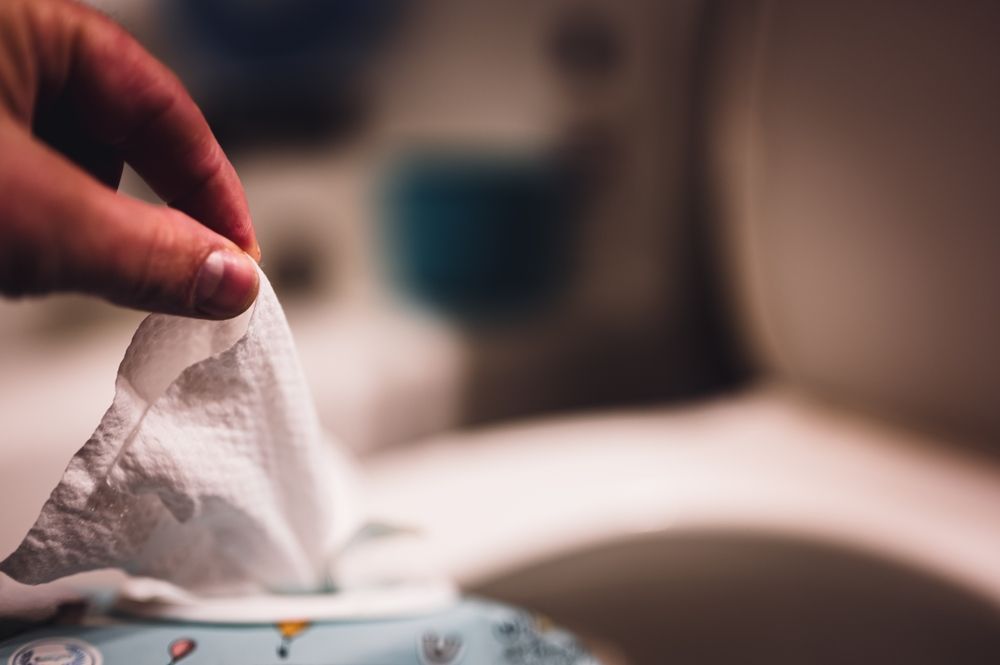
Can You Put Flushable Wipes Down the Toilet?
Wednesday 4th October, 2023Flushable wipes are generally seen as more eco-friendly than normal wet wipes, and supposedly offer a convenient alternative to traditional toilet paper. But can you actually put flushable wipes down the toilet? When manufacturers label their wipes as 'flushable,' they imply that the product is designed to break down when flushed, similar to toilet paper. However, the criteria for what is considered flushable can vary, and not all wipes that are sold as flushable disintegrate as quickly or as completely as they should. In many cases, this slower rate of decay can contribute to blockages and obstacles such as fatbergs.
In the following guide, we’ll help you to understand what makes something 'flushable' and whether these products live up to their name. We'll also discuss how to dispose of flushable and biodegradable wipes responsibly.
The impacts of flushable wipes on the UK's drains and environment
Are flushable wipes recyclable? Unfortunately, the answer is often “no”, as many contain elements that do not break down easily. Just as much as any other type of waste in the sewers that shouldn’t be there, these wipes contribute to blockages and fatbergs.
When wipes make their way into water treatment plants, they often fail to disintegrate fully, leading to fragments that can end up in rivers and oceans. These fragments pose a threat to marine life and contribute to the broader issue of water pollution.
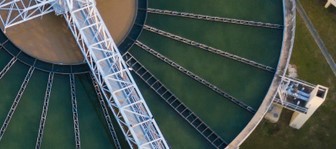
The production of flushable wipes also has a carbon footprint. The materials used, the manufacturing process and the transportation of these products all contribute to greenhouse gas emissions. When you consider that these wipes are often used just once before being disposed of, the environmental cost per use becomes a greater concern.
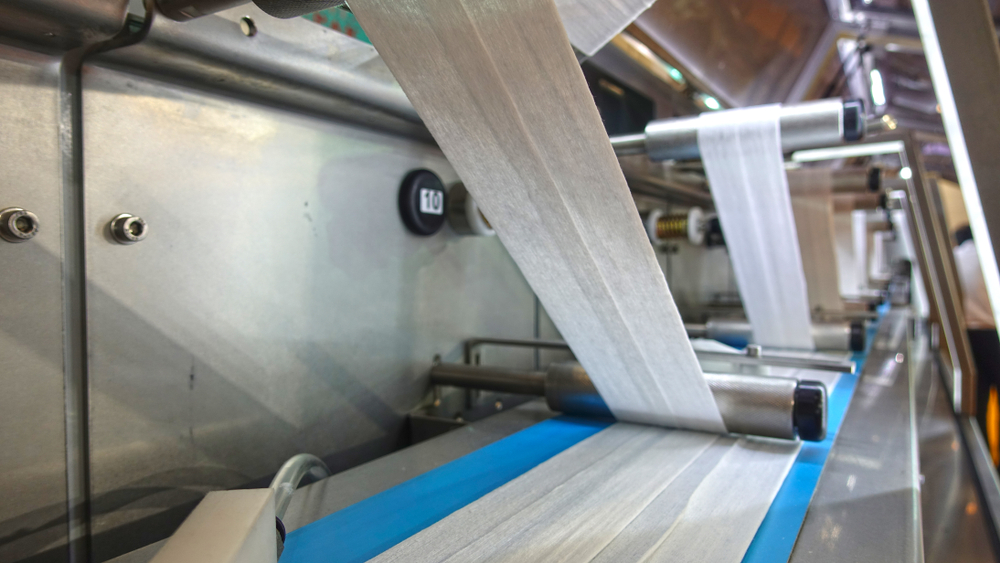
The incorrect disposal of flushable wipes not only affects sewage systems but also puts a strain on waste management services. When these wipes end up in landfill sites, they take years to break down, contributing to the growing problem of waste in the UK.
How can you know if something is flushable?
Unfortunately, just because something is labelled as such does not mean it will have the intended effect when flushed down your toilet. For a long time, there was minimal awareness and regulation of what is and isn’t flushable, but in 2019, Water UK introduced the Fine to Flush standard. This clearly outlines what you should and should not be putting down your toilet, tested in laboratory conditions. Keep an eye out for the Fine to Flush symbol on wipe products so you can be confident in your use of them.
Essentially, any products that contain plastic should not be flushed down the toilet, including so-called ‘flushable’ wipes. However, as the standard is not something that has been enforced on the manufacturers or packagers of these products, you should generally avoid flushing any wipe products down your toilet, unless they are specifically labelled with the Fine to Flush accreditation. In future, we’re keen to see the introduction of new regulations that require companies to make these properties more obvious.
How to dispose of flushable wet wipes
The most straightforward and safest method of disposal is to simply place any “flushable” wipes that aren’t labelled as Fine to Flush in a bin. This avoids the risk of blockages in your home plumbing and the broader sewage system. It's advisable to use a bin with a lid to contain odours and to empty it regularly.
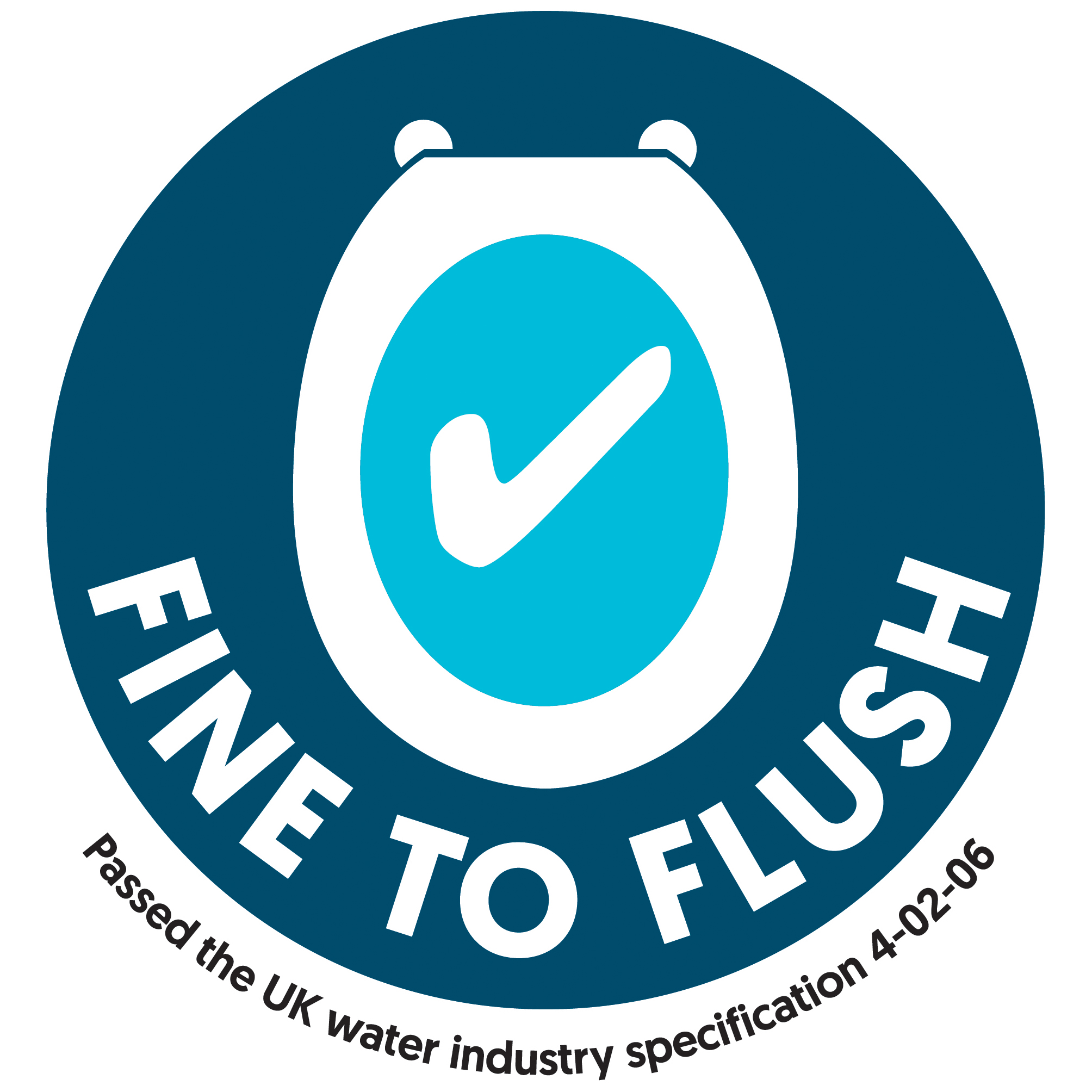
Some so-called flushable wipes are also labelled as 'biodegradable,' which might lead you to think they can be composted. However, this is a grey area. While they may eventually break down, the time it takes for them to do so can be much longer than most compost cycles. Additionally, if the wipes have been used for personal hygiene, composting is not recommended due to potential contamination issues.
What can be done to reduce the impact of non-flushable products?
While taking responsibility for your waste habits can contribute to the health of our drains and waterways, the only way we can tackle the problem of wet wipe pollution on a mass scale is by working together. Unblocktober raises awareness about waste entering our drains by spreading the word among individuals - and you can sign up to help us and show your support - but we want to take it a step further by appealing to the government.
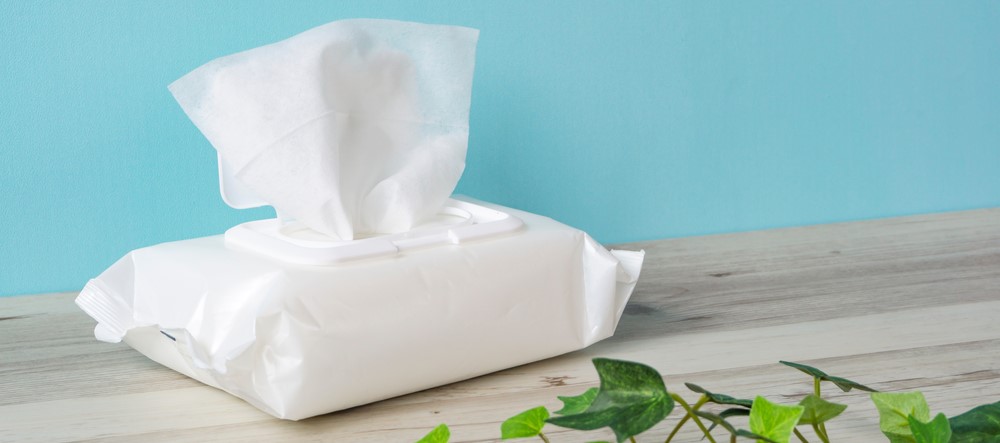
The marketing of non-Fine to Flush wipes as 'flushable' is - we believe - misleading. The companies that manufacture and sell these products should take more responsibility for the damage that wet wipes have on our drains and the environment. By simply changing their marketing strategy, they can encourage individuals across the country to dispose of wet wipes properly, subsequently improving the chances of the UK saving millions of pounds on blockage clearance operations every year, and reducing the chances of their materials harming wildlife and our health.
By implementing new legislation, the government can mandate that these organisations take these steps. One of the best ways to encourage this change is by being vocal about the issues and spreading the word, changing your own habits and pledging with Unblocktober.
Sign up to help
The Unblocktober initiative aims to spread awareness about the importance of keeping our drains clear. You can sign up to help us on our website today:
